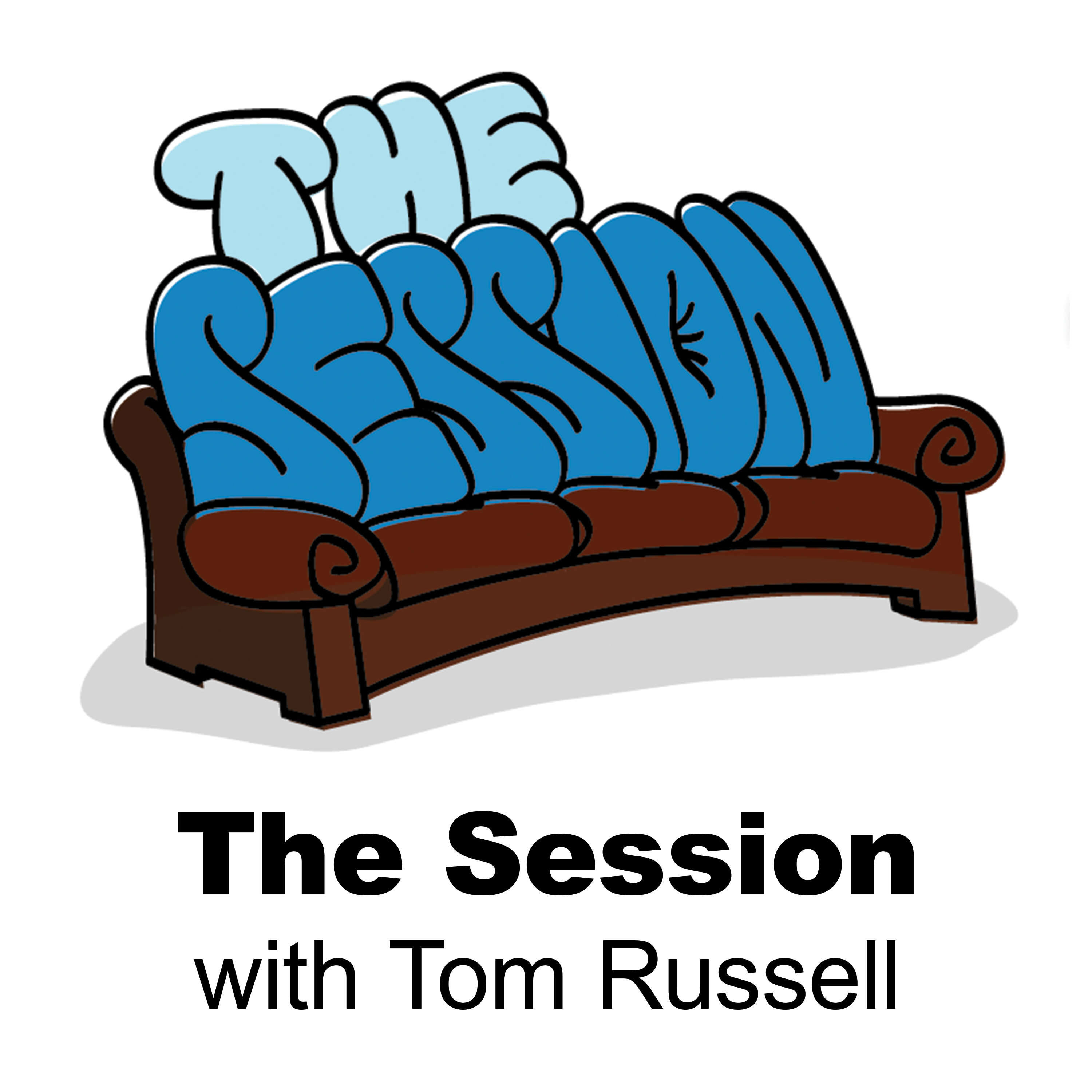The Session: Dealing with Guilt at the Holidays
Hebrews 10:22 says:“Let us draw near to God with a sincere heart in full assurance of faith, having our hearts sprinkled to cleanse us from a guilty conscience and having our bodies washed with pure water.” Guilt is aversive and—like shame, embarrassment, or pride—has been described as a self-conscious emotion, involving reflection on oneself. Guilt is a set of feelings that are associated with an action that I must have done something wrong. Guilt can be:· Doing something that I knew was wrong.· It could be NOT doing some I believe I should have done.· Guilt is often related to remorse, regret and shame.Guilt is often associated with shame.· Guilt is associated with something I did.· Shame is a set of feelings associated with, There must be something wrong with me.Surviving Holiday Guilt Trips from Parents and In-Laws Jenna D. Barry:Healthy family relationships are based on love, mutual respect, freedom and honesty—not guilt, obligation and entitlement.” Godgirl Blog:Change comes from a variety of sources, and one of the most powerful ones is having a friend or family member in your life who can model what healthy, grace-filled living looks like. The Bible is the most powerful source of wisdom, with endless stories of God’s mercy and love towards flawed people. But God also uses the people in our lives to teach us. As His mouthpieces. Christian Counselors of Morrisville: How to Navigate a Guilt Trip: 1. Recognize your feeling of guilt (anger, sadness) when it comes on. During an encounter with your friend or loved one do you feel like you’ve been coerced into doing something you did not want to do in the first place? Do you feel that if you say “no” it will damage the relationship? 2. Understand that you are being manipulated. More than likely this guilt tripper has done this to you (and probably others) before. They have not been called out on it and get what they want if they lump on the guilt. Unfortunately, the guilt tripper has learned how to manipulate others rather than going about getting their needs met in a healthy way. 3. Acknowledge that this feeling of guilt means that a boundary needs to be set in place. It is not healthy for you to harbor negative feelings towards another person. After so long, the guilt trippee can begin to become bitter towards the guilt tripper. In order to prevent further damage to the relationship it is going to require you to do something different. 4. Clearly express your feelings and put up your boundary. Here comes the meat and potatoes of Communication 101 in counseling…You are going to have to “confront” your guilt tripper. Many struggle with the concept of confrontation. Understand that confrontation when done in a healthy beneficial way is not becoming loud and/or violent. Anger is not a sin. However, how you handle your anger can be. Begin with an “I statement”. “I feel __________ when you ___________.”

